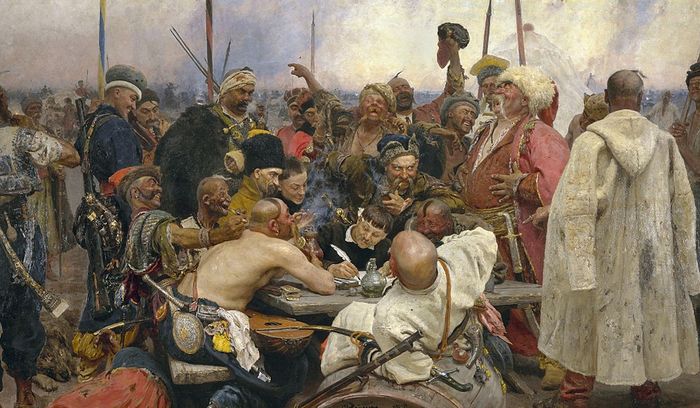From the day of the funeral silence reigned in the little house. It was not stillness, for stillness is merely the absence of sounds; it was silence, because it seemed that they who were silent could say something but would not.
So thought Father Ignatius each time he entered his wife` chamber and met that obstinate gaze, so heavy in its aspect that it seemed to transform the very air into lead, which bore down one` head and spine. So thought he, examining his daughter` music sheets, which bore imprints of her voice, as well as her books and her portrait, which she brought with her from St. Petersburg.
Father Ignatius was accustomed to scrutinize the portrait in established order: First, he would gaze on the cheek upon which a strong light was thrown by the painter; in his fancy he would see upon it a slight wound, which he had noticed on Vera` cheek in death, and the source of which he could not understand.
Accidentally
Each time he would meditate upon causes, he reasoned that if it was made by the train the entire head would have been crushed, whereas the head of Vera remained wholly untouched. It was possible that someone did it with his foot when the corpse was removed, or accidentally with a finger nail.
To contemplate at length upon the details of Vera` death taxed the Itrcngth of Father Ignatius, so that he would pass on to the eyes. These Were dark, handsome, with long lashes, which cast deep shadows beneath, causing the whites to seem particularly luminous, both eyes ippearing to be inclosed in black, mourning frames.
A strange expres- Hioa was given them by the unknown but talented artist; it seemed as If the space between the eyes and the object upon which they gazed there lay a thin, transparent film. It resembled somewhat the effect obtained by an imperceptible layer of dust on the black top of a piano, toftening the shine of polished wood.
And no matter how Father Ignatius placed the portrait, the eyes insistently followed him, but there was no speech in them, only silence; and this silence was so clear that it seemed it could be heard. And gradually Father Ignatius began to think that he heard silence.
Every morning after breakfast Father Ignatius would enter the drawing-room, throw a rapid glance at the empty cage and the other familiar objects, and seating himself in the armchair would close his eyes and listen to the silence of the house. There was something grotesque about this. The cage kept silence, stilly and tenderly, and in this silence were felt sorrow, and tears, and distant dead laughter. The silence of his wife, softened by the walls, continued insistent, heavy as lead, and terrible, so terrible that on the hottest day Father Ignatius would be seized by cold shivers.
Read More about The First Crusade part 16








